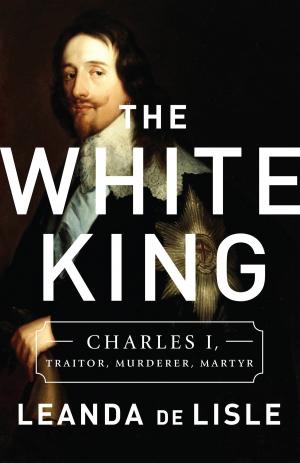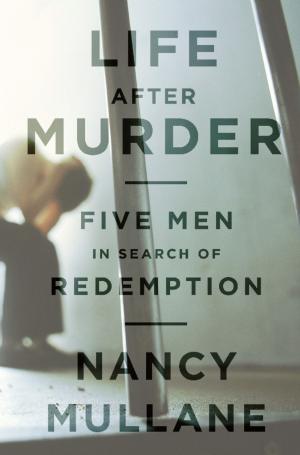Princes at War
The Bitter Battle Inside Britain's Royal Family in the Darkest Days of WWII
Biography & Memoir, Royalty, Nonfiction, History, Modern, 20th Century, British| Author: | Deborah Cadbury | ISBN: | 9781610394048 |
| Publisher: | PublicAffairs | Publication: | March 10, 2015 |
| Imprint: | PublicAffairs | Language: | English |
| Author: | Deborah Cadbury |
| ISBN: | 9781610394048 |
| Publisher: | PublicAffairs |
| Publication: | March 10, 2015 |
| Imprint: | PublicAffairs |
| Language: | English |
This book tells the story of four sons of King George V during the period that the monarchy faced the greatest threats to its survival in the modern era the crisis of the abdication, and the nationwide threat to Britain of the Nazis, inside and out. The threat of world war echoed the war within the royal family. Played out against the cataclysm of the Second World War the princes' actions for good or ill became all the more significant and magnified on a world stage. The war served to unleash passions at a time when the very function of royalty as head of the empire was under threat. It served as a crucible that made or destroyed each of the princes. One would die in mysterious circumstances forever mired in conspiracy and scandal; another was destroyed in all but name, a third slipped into comfortable obscurity, and the fourth rose to new heights of achievement redefining the monarchy for the modern age.
The catalyst for the story is one dangerous American woman: Wallis Simpson. The consequences of her actions drive one prince to an early grave and the other to become a living wreck of a man nursing long held grievances. Recently discovered letters show that Wallis herself was caught in a trap of her own making: a life entombed in a gilded cage with a man she could not respect and whom she tried to leave. Everything she wished for, she destroyed. Famously she is said to have been sent 17 carnations by the Nazi Joachim von Ribbentrop, representing their 17 sexual trysts.
George VI's story is also an allegory for a much wider theme. Starting where the film The Kings Speech ends, a revealing transformation in his character takes place. As he steps up with some dread to the role of king that his older brother spurns, his horizons are widened and he falls into the sphere of influence of brilliant leaders such as Winston Churchill. As Hitler stole country after country for the Third Reich, George VI rose to the challenge, to find the very best in himself, and was transformed by the effort. By the end he can stand alone at the helm, without the support of those who helped him on his way Like fables of old, taking on the challenge transforms the quality of the man but it is also killing him.
This book tells the story of four sons of King George V during the period that the monarchy faced the greatest threats to its survival in the modern era the crisis of the abdication, and the nationwide threat to Britain of the Nazis, inside and out. The threat of world war echoed the war within the royal family. Played out against the cataclysm of the Second World War the princes' actions for good or ill became all the more significant and magnified on a world stage. The war served to unleash passions at a time when the very function of royalty as head of the empire was under threat. It served as a crucible that made or destroyed each of the princes. One would die in mysterious circumstances forever mired in conspiracy and scandal; another was destroyed in all but name, a third slipped into comfortable obscurity, and the fourth rose to new heights of achievement redefining the monarchy for the modern age.
The catalyst for the story is one dangerous American woman: Wallis Simpson. The consequences of her actions drive one prince to an early grave and the other to become a living wreck of a man nursing long held grievances. Recently discovered letters show that Wallis herself was caught in a trap of her own making: a life entombed in a gilded cage with a man she could not respect and whom she tried to leave. Everything she wished for, she destroyed. Famously she is said to have been sent 17 carnations by the Nazi Joachim von Ribbentrop, representing their 17 sexual trysts.
George VI's story is also an allegory for a much wider theme. Starting where the film The Kings Speech ends, a revealing transformation in his character takes place. As he steps up with some dread to the role of king that his older brother spurns, his horizons are widened and he falls into the sphere of influence of brilliant leaders such as Winston Churchill. As Hitler stole country after country for the Third Reich, George VI rose to the challenge, to find the very best in himself, and was transformed by the effort. By the end he can stand alone at the helm, without the support of those who helped him on his way Like fables of old, taking on the challenge transforms the quality of the man but it is also killing him.















